Do you use Storytelling in your Interviews?
Storytelling is becoming more and more popular in the workforce, not just at the water cooler.
Let me begin by asking you a simple question.
What was your first car? For many people the answer will include not just only the make of the car and the year as well as a detailed description of the colour inside and out; what the dashboard looked like, the type of tires, the pinstripes or the molding, even down to the smell of the car and where you drove the car and with whom.
Do you remember your first car? Can you describe it in details?
If not, how about answering what was your most memorable vacation? Again the answer will include the dates, the year, the time of year, the weather, where you stayed, what restaurants or places you visited, what food you tasted and whom you may have talked to in your travels. Some people may even remember the clothes they wore and how they got to their ideal vacation.
Our memory is about stories we have experienced, our feelings and what senses we felt so why not bring those stories into your interviews. I can tell you that the interviewer will remember you when you share your stories more than just telling them the facts.
There are certain kinds of questions that begin with the words: Tell me, How, Describe, or What. These words are your clues that the interviewer is expecting a story rather than just a short answer. So what is the best way to begin your stories about your work or life experiences that can be used in an interview answer? To begin, formulate your answers by having a template and I can tell you there are many acronyms that you can use to help you in your answers. I like to keep things simple so my formula in your storytelling has three parts think of a situation, problem or challenge; how you solved it or what actions you took to resolve it and what were the results.
S – Situation C- Challenge P- Problem
A – Actions A- Actions A- Actions
R- Results R-Results R- Results
The most important when using this formula is to always mention the results or the outcomes, how did it impact the company, the customer or your coworkers. One word of caution is to keep your stories concise and keep the attention of the listener. If you learn how to use storytelling effectively in your interviews, you will be remembered and most importantly be liked and hired.
Mary Whitaker is a Career Coach at RITE Careers. If you need assistance with choosing a career path, resumes, job search or interview practice check out our website
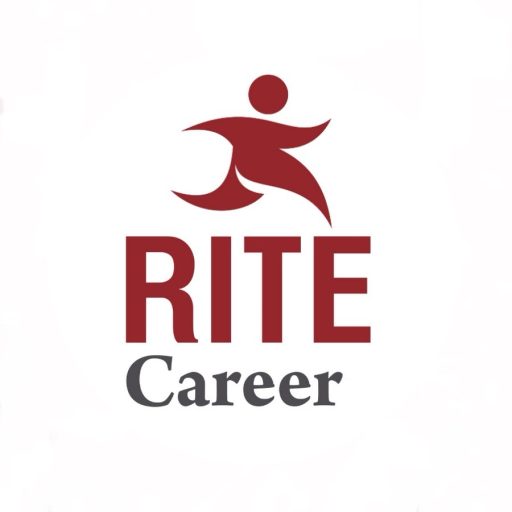
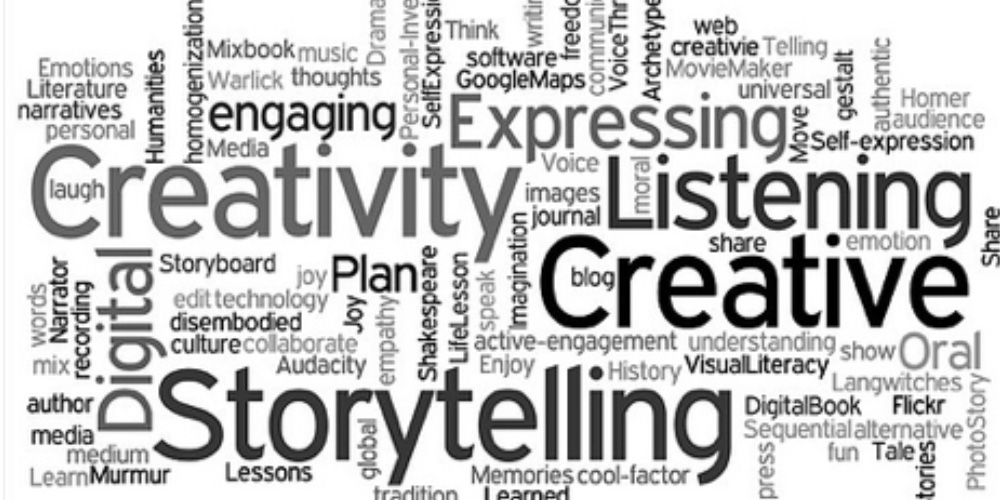

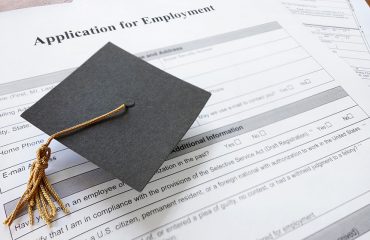
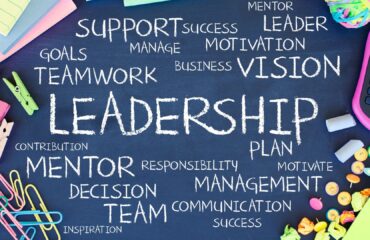
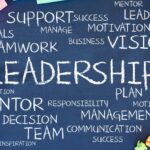
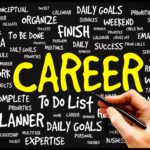

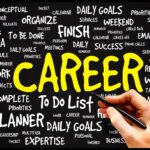
Recent Comments